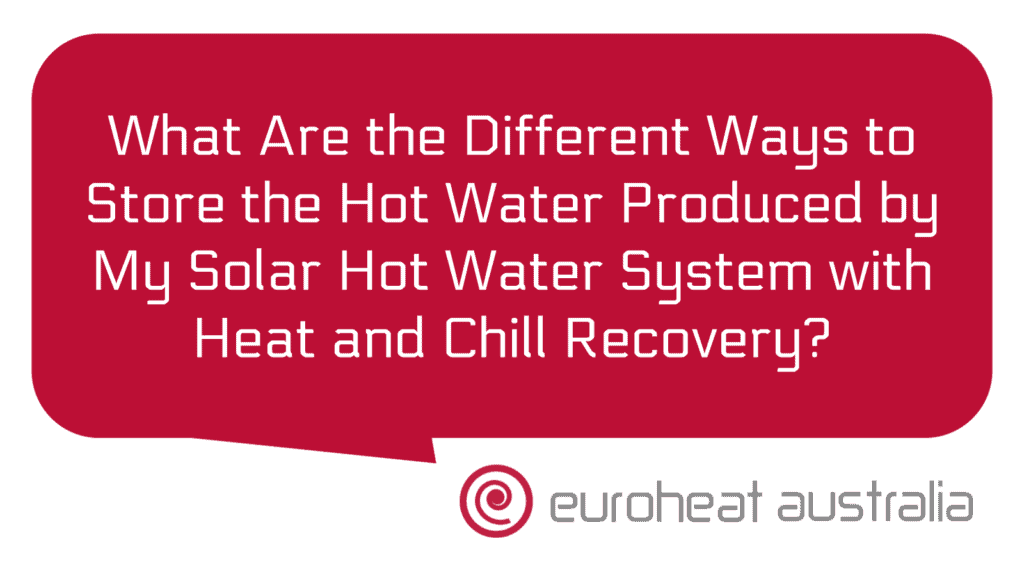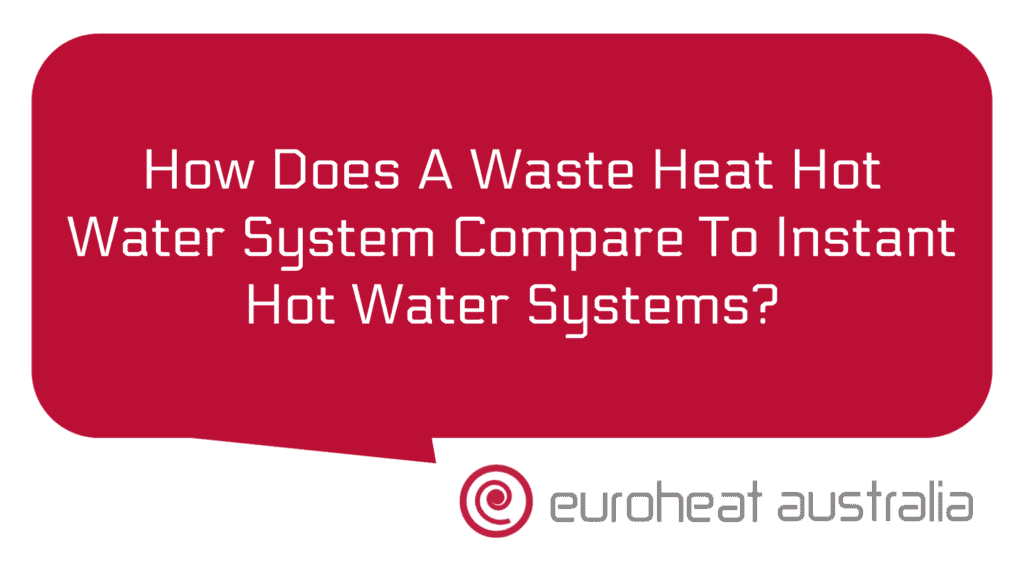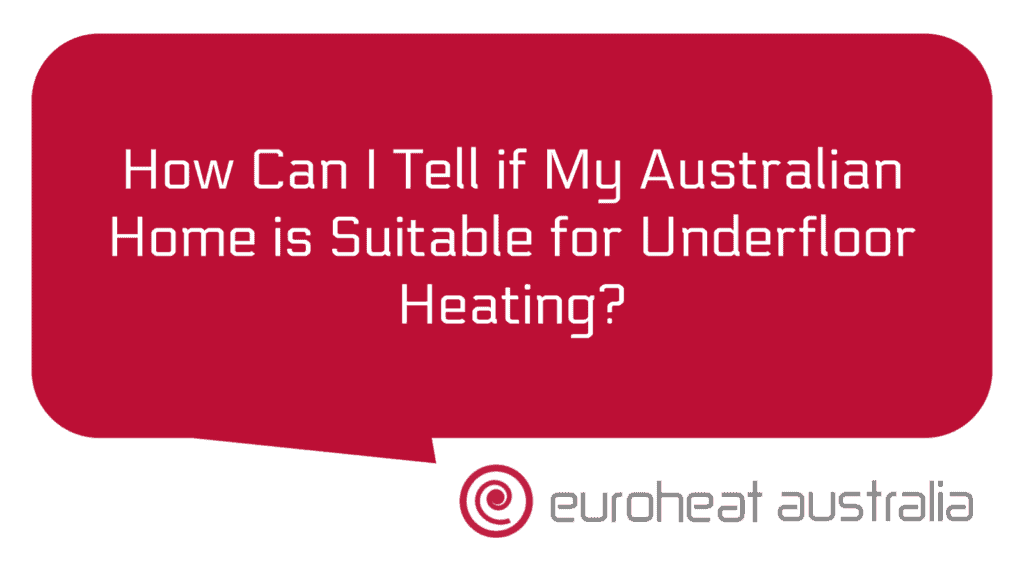If you’re considering installing a central heating and cooling system in your home, one of the key components is filtration. Without proper filtration, your system can become clogged with dirt, dust and other debris, limiting its efficiency and effectiveness. In this article we’ll explore the best filtration options for central heating and cooling systems.
Let’s start by looking at the benefits of having a central heating and cooling system installed in your home. Central heating and cooling systems provide consistent temperatures throughout your home, allowing you to control the temperature in each room independently, as well as distributing heat more evenly than with other methods such as space heaters. This means that you can lower energy bills by using less energy overall. Central heating and cooling systems also help to improve air quality by filtering out particles such as dust, pollen and pet dander from the air, improving both your indoor air quality and comfort levels.
Now let’s look at the different filtration options available for central heating and cooling systems. The most common type of filter is a furnace filter which removes particles from the air before it enters your HVAC system. Furnace filters typically come in three ratings; MERV 8-13 or 14-20 (Minimum Efficiency Reporting Value). The higher the rating on the filter, the more efficient it will be at removing particles from the air. It’s important that you check with your manufacturer to make sure that you are using an appropriate filter for your system.
Another option is an electronic air cleaner which removes particles from the air using an electrical charge. These systems are more effective than furnace filters at removing smaller particles such as pollen and smoke particles but they can also be more expensive to install and maintain.
You may also want to consider installing a UV light into your HVAC system which uses ultraviolet light to kill mould spores before they enter your home’s air supply. Installing this type of filter can help improve indoor air quality significantly but it does require regular maintenance to ensure that it is working properly.
Finally, if you are looking for a more eco-friendly option then you may want to consider installing a high-efficiency particulate arrestor (HEPA) filter into your HVAC system which removes up to 99% of airborne particles from entering your home’s air supply. These filters are more expensive than other types but they offer significant energy savings over time by reducing energy costs associated with running an inefficient HVAC system due to clogged filters or dirty ductwork.
When deciding on what type of filtration option is best for you, it’s important that you consult with experienced designers & installers like Euroheat Australia who have 30 years of experience in designing & constructing hydronic heating & cooling systems tailored specifically for Perth homeowners needs & requirements. They can provide design advice as well as installation services so that you get the right solution for your specific needs & budget while also helping you realise potential savings on electricity bills due to their expertise in designing efficient hydronic heating & cooling systems with 30 years experience in Perth engineering & installation services





